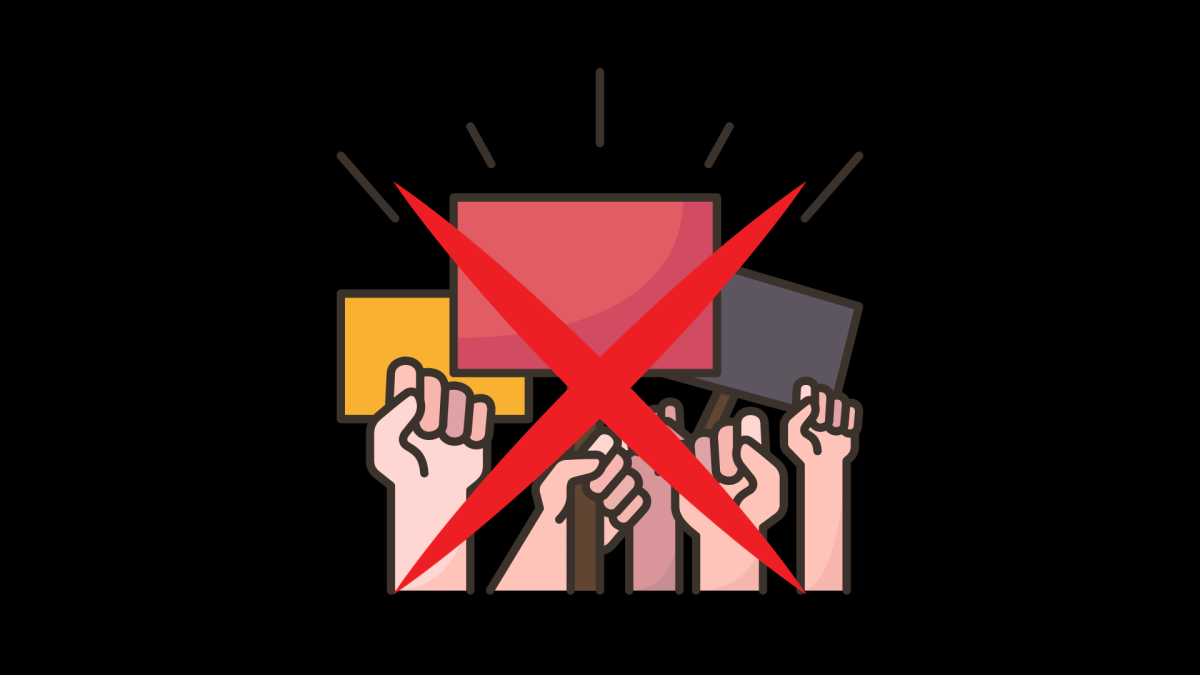Social justice potentially harmed by call-out culture
The concept of social justice has been around since the development of even the simplest of societies, but the term was not coined until the 1840s by Catholic thinkers. Since then, it has evolved into a societal movement typically involving left-wing thinkers and millennials aiming to bring awareness to the disadvantages minorities and alike face. The problem is, though, that the movement is not all black and white, sometimes the movement going a bit too far.
Social justice has helped a lot of people come a long way; it was the foundation of the civil rights movements, women’s suffrage and is what legalized same-sex marriage in 2015. It has brought awareness to issues such as white-washing in television, cultural appropriation and abortion rights. These progressions are just to name some of the major few, not even digging into the surface of how much good social justice has done for so many different demographics.
With social media taking a hold on societal perception and media, it has become easier to spread ideas, news and political influence. The effectiveness of these spread ideals is debatable because the responses range from outrage to explicit praise. But the downside of social media, whether it be on Twitter or a news website, is that someone is guaranteed to come across someone that strongly dislikes what you stand for — and many are not afraid to show it. This is when the idea of social justice connects to call-out culture and becomes a problematic mess; condemnation leaves little room for growth and self-education.
Call-out culture, the act of “calling” someone out, usually leads to the exposure of someone’s workplace, address, where they go to school and any other private information that a stranger would not know. There is a difference between exposing a Neo-Nazi actively threatening minorities, and a 15-year-old who said pink is a girly color. Those behind the acts of calling others out seem to forget that behind their screen, misinformed people have their own lives; and if they do remember, they are determined to risk or ruin it.
Minorities are by no means obligated to educate their oppressors, but there is a difference between rightfully denying precious time talking to someone who does not want to listen and straight-up doxxing someone before they are told why what they said is wrong. Unfortunately, this has become a cultural norm within the subcommunities of social justice advocates, because while social justice as concept is not flawed itself, it is the people who implement it that are.





